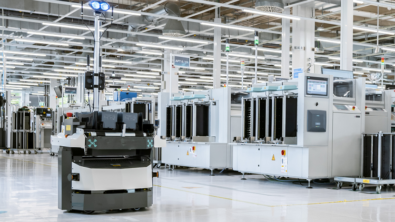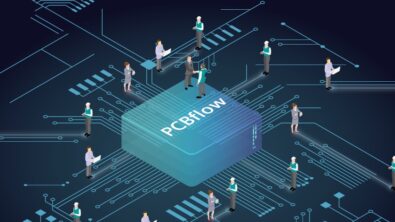Addressing today’s industrial sustainability challenges with digital software

Sustainability is top of mind for today’s global business leaders, an integral initiative for their current and future strategies with net-zero emissions by 2050 to decarbonize the economy. The overall goal of sustainability is zero waste, zero downtime, zero harm and zero impact on the planet using low-cost clean, renewable energy. With these sustainability objectives, industries and companies are looking at ways to deploy decarbonization, energy and resource efficiency and circularity. There are also clear benefits for organizations adopting sustainability practices: competitive advantage by incorporating these principles into their company’s value proposition, increased profits, customer loyalty and creating a more sustainable future with new business models and market opportunities. Also, with the next generation of young employees entering the workforce, companies that focus on environmental impact and sustainability will attract new talent to build a brighter, greener future.

Sustainability initiatives on the rise
Over the past three to five years, companies committing to the net-zero initiative did not necessarily have an action plan to achieve this milestone. With emphasis on sustainability and zero emissions, many business leaders are just now looking at sustainability practices; what and how their organizations will reach this goal, and the investments required. Likewise, government pledges have fallen short on what is required to ensure global energy-related carbon dioxide emissions to net-zero and limited the global temperature rise to 1.5 °C. Current world governments are trying to drive legislation towards these sustainability goals. Take for example, the European Union (EU) with its 2025 initiative, the Corporate Sustainability Reporting Directive, or CSRD. The CSRD is a mandate for any company that wants to conduct business in the EU, requiring companies to provide transparency on their environmental impacts which is quite different than what is currently required today. There are also investments and capital expenditures driving sustainability, such as Environmental, Social and Government (ESG) funds which are doubling year-over-year. Likewise, today’s environmentally and socially conscious consumers are willing to pay a premium for sustainable products and services, so industries such as food and beverage are capitalizing on these “green” business opportunities, leading the charge on what their consumers demand.
Sustainability initiatives introduced and integrated into today’s businesses are affecting both culture and organizational processes. With sustainability as the key result, this mission requires massive planning and access to the right tools and resources for realization.
The role of digitalization in achieving sustainability goals
Digitalization is a key solution to achieve sustainability enabling organizations to think bigger, broader and, more creatively. With digital software tools organizations can look at the entire product lifecycle applying data throughout the many phases in product development – allowing engineering teams to visualize, explore and test their concepts virtually with simulation software and test tools that comply with today’s specifications, requirements, materials and documentation that meet industry standards for sustainability. Digitalization provides a systems-level approach for engineering teams and a way of thinking that extends to the value chain of a product or ecosystem. The ability to evaluate and test many different scenarios within the context of digitalization allows multi-domain engineers to exchange data and optimize product designs virtually before actual production. By looking at the value chain and ecosystem, Siemens (the global industrial software leader) is seeing a lot of success with sustainability coming from engineering collaboration, exchanging data, sharing information and defending standards, even across competitors to move the entire process forward.
Eryn Devola, Siemens Head of Sustainability at Siemens Digital Industries, and Dale Tutt, Vice President of Industry Strategy, Siemens Digital Industries Software, were recently interviewed for a podcast on how companies are addressing sustainability initiatives today. This podcast covers business challenges in making sustainability a key organizational strategy, and initial steps they are taking to achieve their net zero goals. Devola and Tutt also share their thoughts on digital transformation and the criticality of using modern technologies and data to help companies innovate, automate and realize sustainability practices for their organization.


